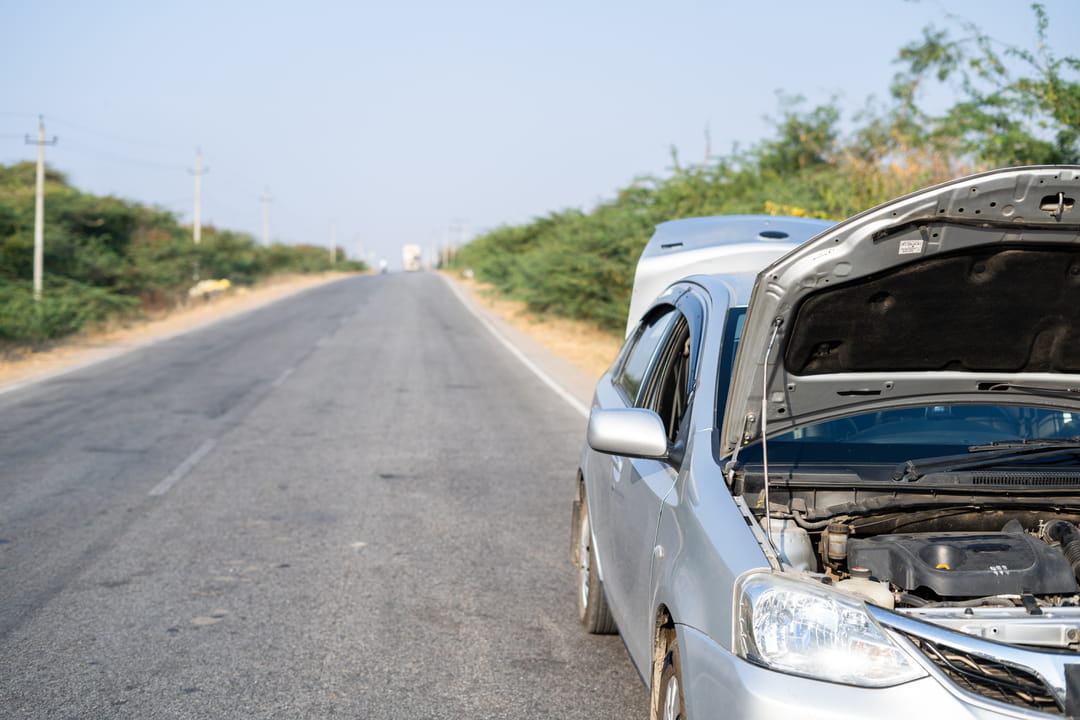Leave your car engine running after a long drive - this pro tip will save you a hefty bill

If, like many French people, you enjoy running, you're probably familiar with the feeling of those last few strides, when your heart is beating too fast and your legs have no more strength. Despite the fatigue, it's still advisable not to stop your effort altogether—for example, by walking a few meters—to better recover. The mechanism of a car works a bit like the human body. However, after spending several hours behind the wheel, all drivers have the same reflex once they arrive at their destination: turn off the ignition as quickly as possible so they can finally get out of their car.
Many people don't realize this, but this small gesture can have serious consequences for the condition of their vehicle in the long run. When you drive a long distance, especially at 130 km/h on the highway, your car's engine reaches a very high temperature. If the ignition is suddenly switched off, the engine oil and coolant, essential for lubricating metal parts and cooling the circuit, immediately stop circulating. The components under the hood are therefore no longer protected while they are still hot, which can cause premature wear of certain parts and ultimately costly repairs.

The risk is even greater for vehicles equipped with turbo engines. These engines, once reserved for sports models but now found even in small city cars, run at very high revs. Stopping them abruptly, without a cool-down phase, increases the risk of the turbo overheating, or even breaking it. To avoid this, there is a very simple solution recommended by experts: let the engine idle for one or two minutes once the car has stopped. This short period of time helps lower the engine temperature and protect your car's mechanics.
If you've been driving several hundred kilometers, or if you've been stuck in traffic on a hot summer day, leaving the ignition on immediately after arriving could well extend the life of your engine. And you'll avoid a hefty bill at the mechanic's. However, this practice is useless if you're only making a short trip, for example when you're going shopping, because your vehicle's engine doesn't have time to reach very high temperatures.
L'Internaute





